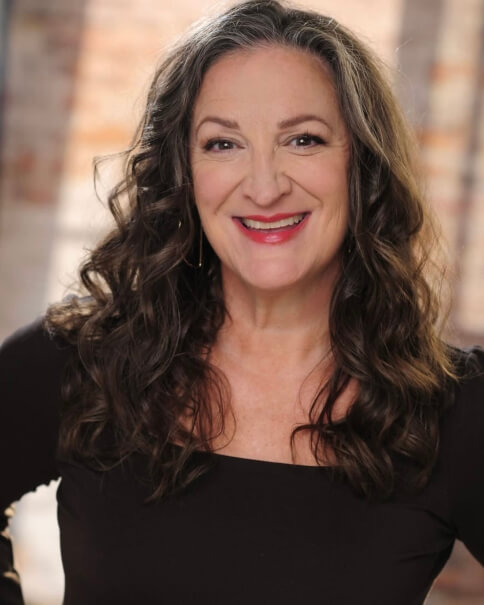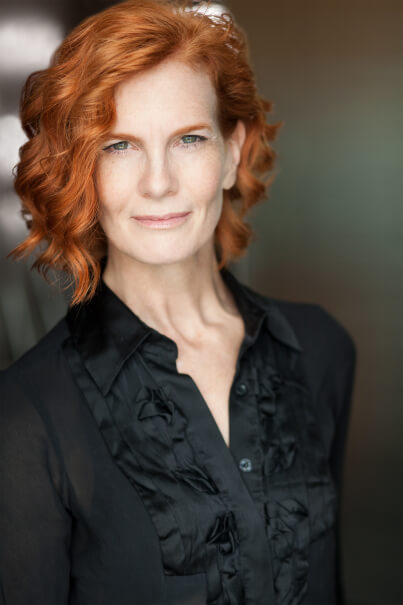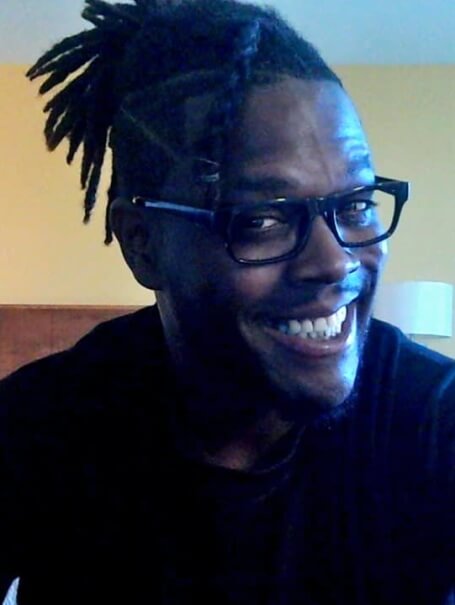What’s Your Best Advice for Finding an Agent?
Agents can do wonders for an acting career. They can open the doors to higher-caliber opportunities, and help get you gigs you may not have the connections to get on your own.
One way you can find an agent is with Talent Scout®, which helps talent agents and managers connect with Casting Networks Premium members who have opted in to the feature.
That said, there’s no science to finding a talent agent as every performer’s path is different.
We asked Casting Networks members for their approach to finding an agent, and received enough helpful tips to fill up several encyclopedias!
Here are 10 of our favorites:

I’d say the best way to find an agent is to see who your peers are represented by and then see if that person would be a good fit for you. You can look on IMDb to see who your fellow actors are represented by and then if you think you’d be a great fit for that representative, ask your fellow actors for a referral.
Make sure you have a relationship with the friend you’re asking because it’s their name on the line. This method has worked for me.
— Krystina Bailey Brawer

When researching a potential agency for representation, be clear of what skills [you need] and have a brief understanding of the industry. You need to begin your research of the “Do’s and Don’ts” and [determine] if you are genuinely prepared to commit with your chosen agency.
— Ratnam Kodali

You are your business. You’re not just the face of your enterprise, you are all of it.
Therefore, you must be on top of your game with getting your materials to the point of truly being the best you can offer.
This includes paying the extra money for a phenomenal headshot photographer who specializes in actor headshots.
Get your slate shots done at the same time you have your photos taken, and match a slate to the corresponding headshot. This will make you competitive above those with no slate shots. Decide if you will put a character personality with your slate shots. At the least, say your name and give a few different facial expressions.
Update your resume after each job. If you’re under an NDA, ask them how they’d like you to list it on your profile until it’s public.
Clips! Build a clip library of scenes and add them to your profiles. The goal is to have a dramatic and comedic clip for each of your strongest types.
Demo reels aren’t the thing today. It’s clips. Casting directors see so many more people now that we’re doing self tapes, and they don’t have time to watch an entire reel.
Match the clips you submit for a role to the breakdown’s character description as much as possible.
Have a UGC clip, a hosting clip, a presenter clip, a spokesperson clip and a personality clip.
Have a voiceover reel (it’s different in VO, they want reels) and post it to Casting Networks.
Study with strong coaches who can show you where their students are working.
Put all of your studying on your resume.
Once all of this is done, and you can back all of that up with your well-trained actor talents, then submit for agents.
Just don’t waste their time by sending them half-done online profiles.
Research agents and make sure you’re considering ones with great reputations.
Go to their websites and submit as they ask people to, but if you know anyone whose opinion the agent respects, ask them to put a good word in for you.
— Jesica Paige

It’s important to build a strong portfolio that showcases your body of work (i.e: headshots, reels and resume). Research potential agents who specialize in your niche, and if seeking representation, be sure to craft a compelling pitch highlighting your skills and projects. Stay persistent and committed to finding the right agent for you!
— Layne Harper

My best advice for others when finding an agent is to never stop working. Be true to yourself and keep focusing on your craft. Agents will see your hard work, dedication and authenticity.
Keep putting your best foot forward because they not only rep you, but when you’re on their roster, you’re representing them as an agency.
— Elise Biscaro

Get a friend or fellow artist to introduce you to their agent. Have killer headshots. Have a look that is different, or very good, and know your branding. Have a portfolio of work, which can include or be entirely classwork and study.
Let your potential agent know they won’t have to babysit you and that you will show up to each and every audition and gig they get you.
— Alfred Spielmann

Research. Look into who is in your area. Do your research that includes the internet, people that recommend them, etc., then make your approach—but make it about them.
You need to interview them as much as they need to interview you. When two align that are agreeable on being beneficial for both parties, it works.
Not everyone is made to suit you. Choose who is best for your collaboration into your business.
— Laura England

Find your direction and self first, or that’s what I tell myself.
Finding an agent is time-consuming, and time is one component that yields no refunds. I use that time to do the inner work on the direction I am taking my craft, sharpening all tools and building skills.
Agents are like air—an element that is everywhere. I would be wasting tons of resources and energy chasing oxygen, but I wasted nothing by learning how to breathe and the air comes to you naturally.
— Dan John

My best advice is having consistency and a targeted strategy. Here is a strategy that worked for me:
The first step was to do online research of all the agencies in the areas I wanted to be represented [by]—in my case LA and the East Coast. I created a spreadsheet with all their contacts, together with tracking submissions and follow-up dates. I also made sure to follow up every few months, if no response.
The second step was to create a template email that could be personalized for each agent. I made sure to add a link to all my most updated material in the body of the email (few headshots, reels, resume, bio and any relevant links). I preferred to use a link instead of attaching photos and files because emails with attachments can be flagged as spam.
The third step was to keep my agents and managers list updated by constantly adding new contacts. I also researched actors I know or I admire and saw which agency represented them. Every time I came across a new agency their name would be added to my spreadsheet.
Following this method, I was able to build a consistent list in about three to four months. By constantly reaching out to agents, I finally managed to sign with several agencies in a span of one year!
This strategy worked well for me thanks to my background in marketing and branding—that really helped me to create a solid toolkit and personalized emails to share with potential agents. I also know several actors who used platforms and got some good results.
It all depends on what works best for you! The main important thing to remember when looking for an agent is always know your brand and your selling points, have some good quality material to show (be really honest with yourself: are you ready to sign with an agent or do you need a bit more time to build your portfolio and credits?), be prepared to work hard and be professional when you finally sign with an agent.
Finally, have fun with the process! At the end of the day, you are building your network and strengthening your acting skills. Be creative and excited about it!
— Helena Geraci

It’s counterintuitive, but stop trying to find one. There’s a million ways to self-submit and focus on building your resume, reel and network. That work will lay the path for them to find you.
— John R. Smith Jr.
Some responses have been edited for clarity.
We want to hear from you! Tell us what you’re doing differently now that the SAG-AFTRA strike has ended. Your response may end up in a future article!
You may also like:
- Success Story: How Lori Young Blended Fitness and Modeling to Create the ‘Picture Perfect’ Acting Career
- My Casting Story: Cesar Ramos on Booking a Verizon Spot
- The SAG-AFTRA Strike is Over, Now What?




